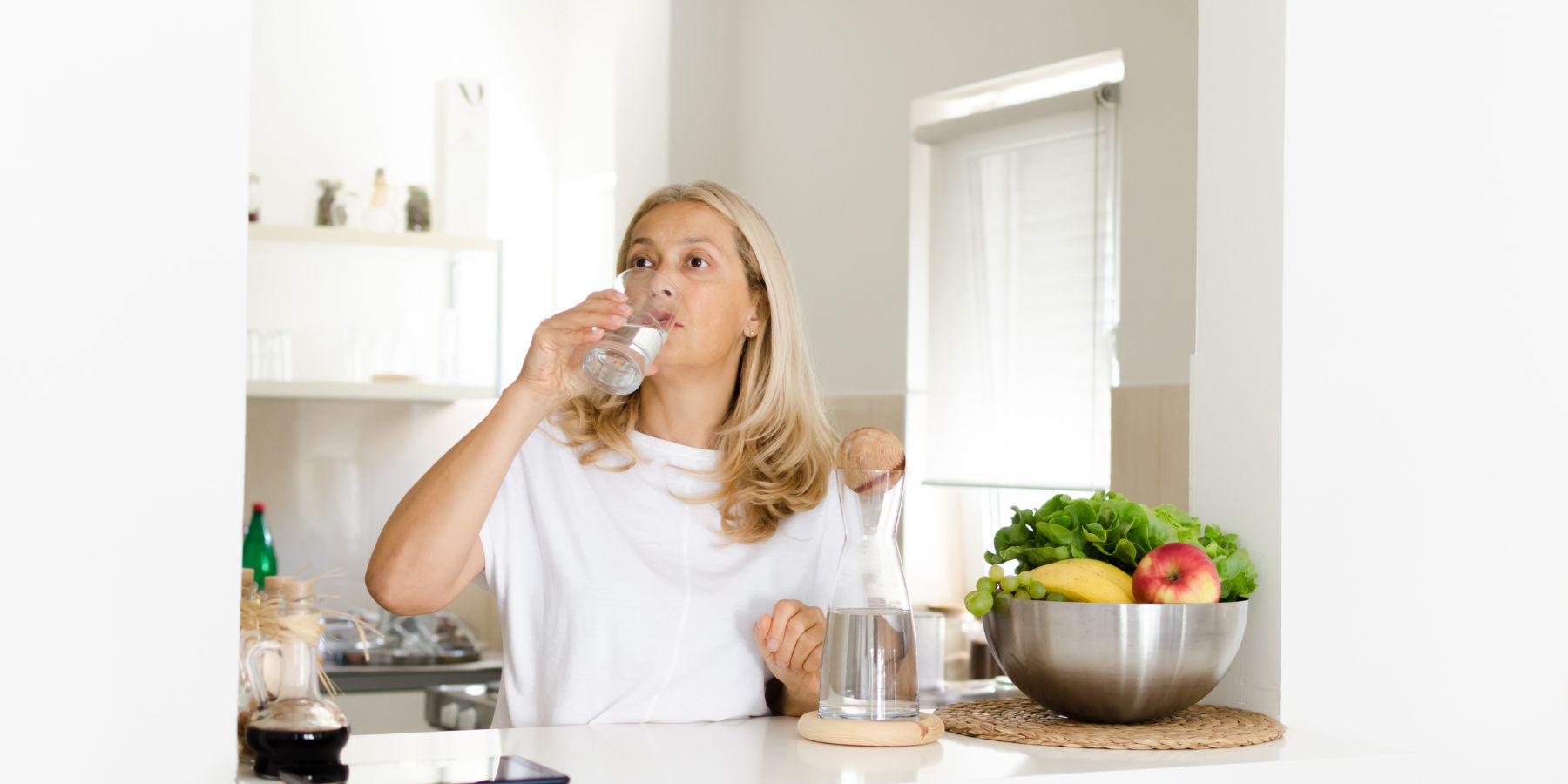Peeing, or urination, is a natural bodily function that plays a crucial role in maintaining our health. In this article, we’ll delve into why you feel the need to pee after drinking water and how having a water bottle nearby can be a practical solution.
The Urinary System
Kidneys: These bean-shaped organs filter waste and excess fluids from your blood, producing urine.
Bladder: Urine is stored in the bladder until it’s ready to be eliminated.
Urethra: The urethra is the tube through which urine exits the body.
The Role of Hydration
Importance of Water: Staying hydrated is vital for overall health and bodily functions.
Fluid Balance: Adequate hydration helps maintain the body’s fluid balance.
Why You Need to Pee After Drinking Water
Diluting Urine: When you drink water, it dilutes the concentration of waste products in your urine.
Increased Volume: Drinking water adds volume to your bladder, triggering the need to empty it.
Flush Toxins: Urination helps eliminate toxins and waste products from your body.
A Water Bottle for Convenience
Hydration Accessibility: Having a water bottle readily available encourages regular hydration.
Easy Refills: You can easily refill your water bottle, ensuring you stay hydrated throughout the day.
The Frequency of Urination
Varies by Person: The frequency of urination can vary from person to person.
Factors at Play: Diet, activity level, and overall health can influence how often you need to pee.
Normal Range: On average, most people urinate 6-8 times a day.
Paying Attention to Urine Color
Pale Yellow: Ideally, your urine should be pale yellow, indicating proper hydration.
Dark Yellow: Darker urine may suggest the need for more water.
Timing Matters
Morning Urination: Your first trip to the bathroom in the morning often includes more concentrated, darker urine.
Daytime Urination: Throughout the day, as you hydrate, your urine typically becomes lighter in color.
Nighttime Urination: Waking up to pee at night is normal for some individuals, but it shouldn’t be excessive.
Hydration Tips
Sip Throughout the Day: Sipping water throughout the day is better than chugging large quantities at once.
Hydrate Before Meals: Drinking water before meals can aid digestion and promote a sense of fullness.
Adjust for Activity: Increase your water intake during hot weather or physical activity.
Dehydration Warning Signs
Thirst: Feeling thirsty is a clear signal from your body that it needs more water.
Dark Yellow Urine: Dark urine indicates concentrated waste products and dehydration.
Dry Mouth and Skin: Dryness in your mouth and skin can also be signs of dehydration.
A Water Bottle for Hydration
Convenient Companion: A water bottle is a convenient way to ensure you have access to water throughout the day.
Reusable Options: Consider using a reusable water bottle to reduce plastic waste.
Conclusion
Understanding the need to pee after drinking water is a fundamental aspect of our body’s natural processes. It’s a sign that your body is functioning correctly and eliminating waste products. By keeping a water bottle within reach, you can easily stay hydrated, support your urinary system, and maintain overall health.
